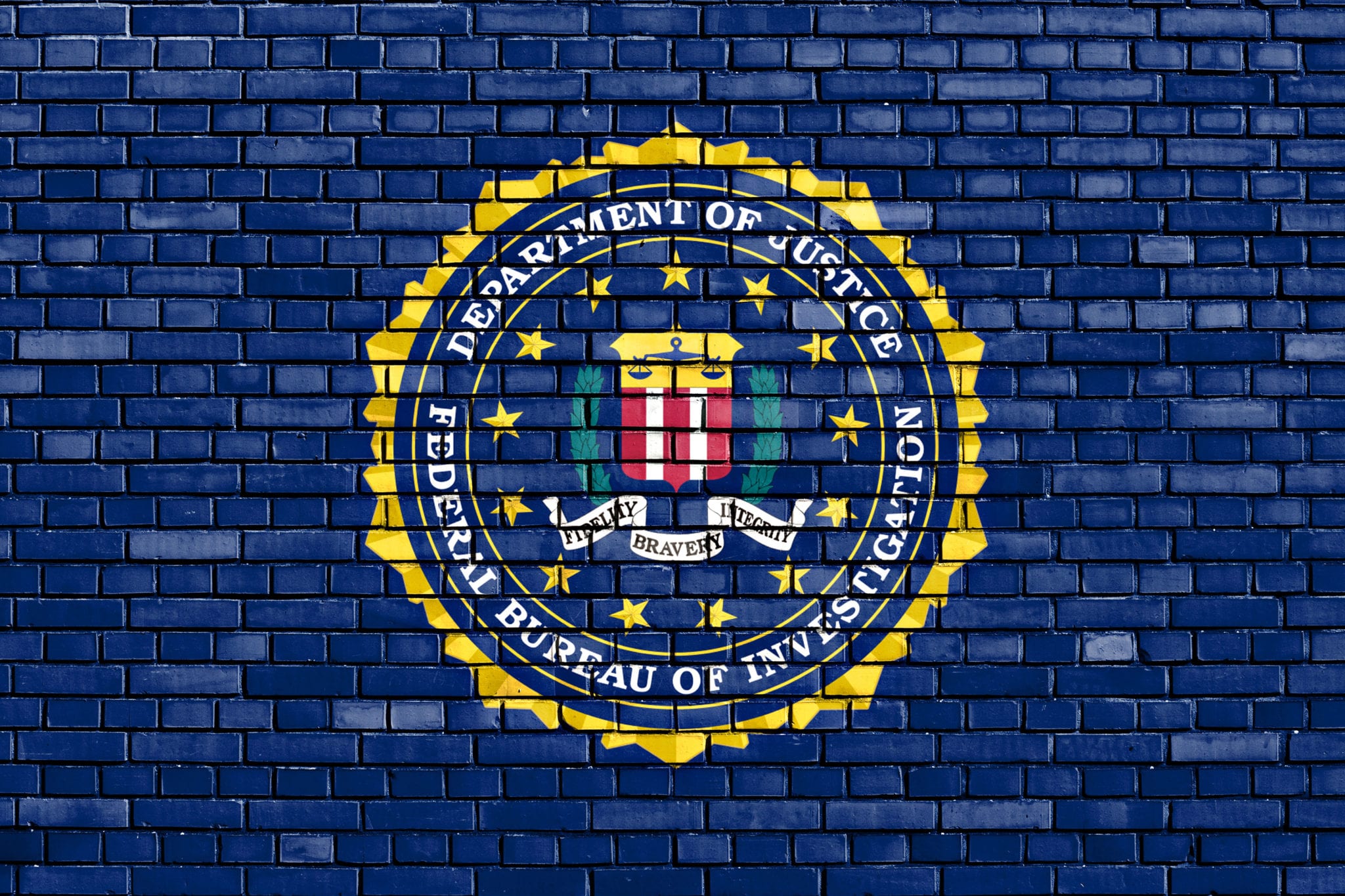
Certain crimes, such as murder, rape, robbery, and assault, are generally associated with the often used term “crime of violence.”
What exactly defines “violence” under the law?
Just as importantly, what elevates violent crimes from state offenses to federal offenses?
Let’s delve into breaking down federal crimes of violence and what may be expected from Attorney General Jeff Sessions in dealing with these offenses.
Crime of Violence: Defined
In Title 18, Crimes and Criminal Procedure, of the U.S. Code, Section 16 defines the term “crime of violence” as:
- An offense that has as an element the use, attempted use, or threatened use of physical force against the person or property of another, or
- Any other offense that is a felony and that, by its nature, involves a substantial risk that physical force against the person or property of another may be used in the course of committing the offense.
Under this legal definition, a crime of violence doesn’t necessarily have to involve actual physical force. There can simply be a threat or an attempt to use physical force to qualify as a crime of violence.
According to the FBI’s Uniform Crime Reporting (UCR) Program, violent crimes fall under four major offenses: murder and non-negligent manslaughter, forcible rape, robbery, and aggravated assault, in descending order of seriousness.
What Can Turn Violent Crimes into Federal Cases?
If you end up being charged with a crime, it will most likely be prosecuted by the state because you violated a state law. There are crimes, however, that can be prosecuted by the federal government. For example, an offender can be prosecuted at the federal level for bank robbery and/or prosecuted at the state level for “armed robbery” of the same bank.
When exactly does this happen?
The federal government has jurisdiction over:
- Crimes that take place on federal land or involve federal officers. If someone is murdered in Yellowstone National Park, that’s federal. Assault against a DEA agent? Federal. Steal something from the White House? Also federal.
- Crimes where the defendant crosses state lines. Kidnapping someone here in Texas and driving them to Louisiana is a federal crime.
- Crimes where the criminal conduct crosses state lines. A drug ring that transports or traffics drugs in multiple states can be a federal crime. So can using the internet to commit a crime, because going online almost always means “crossing state lines.”
- Customs and immigration violations. For example, international human trafficking.

The government generally assumes jurisdiction over the larger, more organized crimes. For example, a lone gunman who robs a bank in a small town is more likely to be prosecuted for “armed robbery” by state authorities while a gunman who robs several banks or crosses state lines to rob more than one bank is more likely to be prosecuted by the federal government.
The FBI is the lead federal law enforcement agency charged with investigating federal violent crimes. They place emphasis on crimes against children, criminal street gangs, bank robberies and violent robberies, kidnappings, carjackings, assaults and threats on federal officials, and crimes on Indian reservations. The FBI might also get involved in higher profile cases like serial killers, mass killings, and sniper murders.
The Future of Violent Crime Charges
In 2011, just over 1.2 million violent crimes occurred across the United States, which was a 3.8 percent decrease from 2010.
In 2015, the FBI’s UCR estimated that 1,197,704 violent crimes occurred, which is 0.7 percent lower than the 2011 numbers and 16.5 percent lower than the 2006 numbers.
Empirical evidence indisputably shows that violent crime has steadily declined in this country since the 1980s and early 1990s. This evidence notwithstanding, Attorney General Sessions would have Americans believe they are threatened by violent crime both outside and inside of their homes and there must be a “war” waged against those responsible for the violence.
In his 1988 presidential campaign, former President George H. Bush used the infamous “Willie Horton” ad to make a black male the “face of crime.”
By repeatedly citing inner-city gangs and drug cartels, Sessions is now trying to make blacks and Hispanics the face of crime.

The Attorney General ignores the data that children are more likely to be sexually or physically abused by their parents, a family member, or someone else they know; and that women are more likely to be physically abused and murdered by a spouse or an intimate partner than by a stranger.
The reality is that there is more violence inside the American family than there is on American streets.
Last month while at the Memphis, Tennessee U.S. district courthouse, Sessions spoke to 100 local, state, and federal law enforcement officials about how much he appreciates law enforcement.
The Attorney General did not stop there.
He used the event to cite unverified data that Memphis has supposedly seen a 43 percent increase in homicides as a starting point for a discussion on violent crime.
During his speech, Sessions said that “Unfortunately, even as violent crime has surged and overdose deaths have spiked, federal gun and drug prosecutions have fallen in recent years. We will reverse that trend.”
He added that “every lawful tool” will be used to “take the most violent offenders off our streets.”
What the Attorney General did not tell the audience is that most of the drug overdose deaths in this country come from the ranks of the so-called “law-abiding” white people who voted for Trump.
And despite the president’s campaign pledges to designate money to deal with the treatment of the “nation’s drug epidemic, his current proposed 2018 budget does virtually nothing to address the “opioid epidemic.” The budget actually cuts money from all the offices in charge of coordinating drug policies in this country. For example, the Office of National Drug Control would see its budget cut by 94%, from $380 million to $24 million.
Sessions went on to tell the group that violent crimes are “not acceptable in America.”
Like his boss, the president, Attorney General Sessions has a difficult time handling the truth. He is bent on creating “crime hysteria” as a way to fill more private prisons—the folks who donated millions to the Trump campaign—in order to keep the nation’s prison industry in place. He wants tougher sentences, more lockups, and more prosecutions, especially among the ranks of minorities.
It is now more important than ever to fight back if you’re charged with a federal crime. Reach out to an experienced federal criminal attorney today to defend your federal charges and protect your rights.



